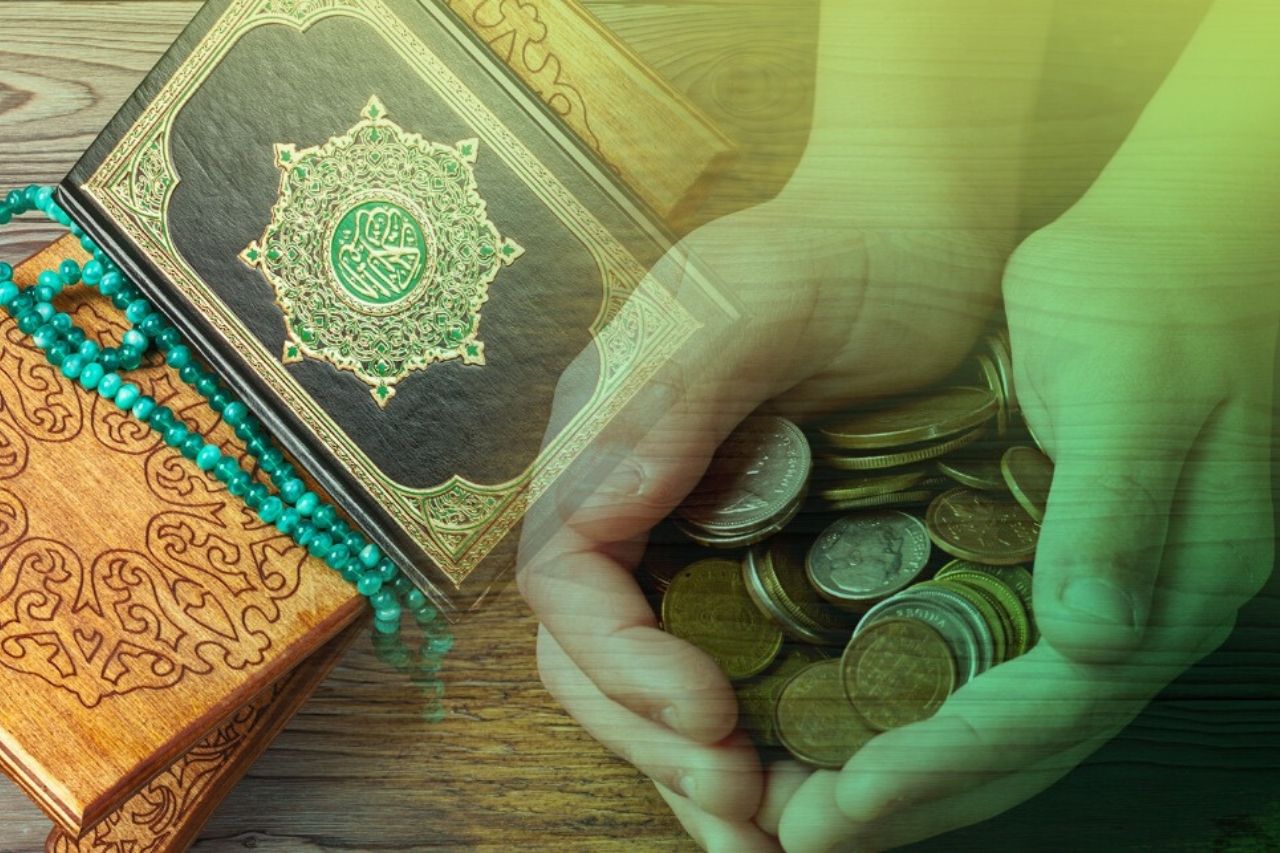The value of almsgiving in Islam is high. The value of alms can increase if the donated property continues to benefit people in need. As long as the almsgiving continues to provide benefits, then during that time, the reward continues to flow to the person who gives it.
The height of the value of almsgiving can also be seen in a hadith of the Prophet Muhammad Saw, in which he mentioned that almsgiving is equivalent to valuable knowledge and the prayer of a pious child for his son. These three things are unique because if they are done in the world, the reward will not be interrupted, even if the person who does it has passed away.
“From Abu Hurairah radhiyallahu ‘anhu, indeed, the Messenger of Allah Saw said: When the son of Adam dies, then break up all the charity of his deeds, except for three things: almsgiving, a knowledge that is used, and a pious son who prays for his parents.” (HR. Muslim)
Also read: Principles of Islamic Social Finance in Zakat and Waqf Management
So, what is jariyah alms and what is the form of jariyah alms?

Waqf Including Jariyah Alms
Jariyah alms is an act of almsgiving whose reward continues to flow, even though the person who gives alms has passed away, and waqf includes jariyah alms. Imam Muhammad Ismail al-Kahlani explains this hadith in Kita Fikih Subul al-Salam related to the hadith of Prophet Muhammad Saw above.
“The hadith is stated in the waqf chapter because the scholars interpret jariyah alms with waqf.” (The Book of Jurisprudence of Subul al-Salam, Imam Muhammad Ismail al-Kahlani)
Waqf itself is a term derived from the Arabic word, namely waqafa. This word is a masdar or infinitive noun meaning restraining, stopping, or silent.
Meanwhile, according to religious terms, waqf means withholding property rights to material objects to endow their benefits in the way of God. Withholding here implies that the waqf property is not inherited, sold, given away, mortgaged, leased, or not lent.
Also read: What is the Person Receiving the Waqf? Find Out Here

The word waqf in Indonesian is often associated with the land; even the understanding that most people have is that the property that can be represented is only land; beyond that, it cannot.
This assumption is not valid. Waqf can be done with the property in any form, ranging from immovable property such as land, buildings, and wells to movable objects such as money, precious metals, securities, rental rights, vehicles, and so on.
The waqf property is then handed over to the nazir, which is the person who is trusted to take care of, manage, develop, and make the waqf property productive so that it can continue to provide benefits to people in need or beneficiaries or Islamic terms it is called mauquf alaih.
The benefits of waqf can also be realized in various forms and purposes. These benefits include worship, education, economic and social empowerment, and health services, such as the five pillars firmly held and run by Dompet Dhuafa.
Such a concept of almsgiving is referred to as waqf; in essence, waqf includes jariyah alms.
Also read: 5 Waqf Wisdom That Must Be Known
Quranic Explanation
The holy book of the Quran is undoubtedly always the first reference for Muslims in seeking answers to existing problems, including waqf law. However, the Quran does not mention the waqf sharia.
However, through several verses, Allah Swt commands His people to give alms of their most beloved treasures in Allah’s way or for the people’s benefit. The scholars then viewed these verses as a basis for performing waqf through understanding and signalling about sadaqah jariyah, which is interpreted as waqf.
Here are several verses of the Quran that can be used as a basis for waqf:
Also read: Jumat Dahsyat #3: Dompet Dhuafa Waqf Asset Management
“You never come to the (perfect) virtue, before you provide for the treasures you love. And whatever you do and surely God knows it.” (QS. Ali ‘Imran: 92)
“Those who provide for their property in the way of God do not accompany what they provide by mentioning their gift, and by not hurting (the recipient’s feelings), they get rewarded by the side of their Lord. There is no concern for them, and neither (nor) are they saddened.” (QS. Al-Baqarah: 262)
“O people of faith, make a living (in the way of God) partly from the fruits of your good efforts and partly from what We put out of the earth for you. And you shall not choose the bad; you provide for it when you do not want to take it but by squinting at it. And know that Allah is All-Rich as well as the Most Praiseworthy.” (QS. Al-Baqarah: 267)




